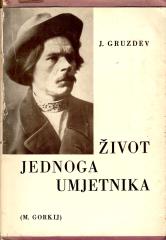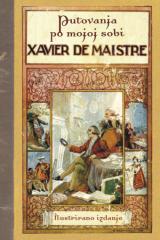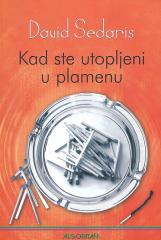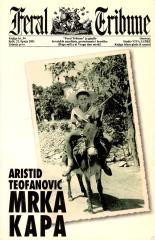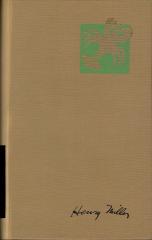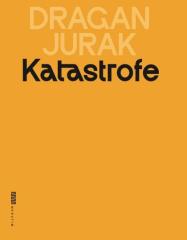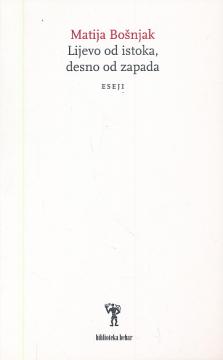
Lijevo od istoka, desno od zapada
Matija Bošnjak, komparativist književnosti i historičar umjetnosti, u zbirci eseja Lijevo od istoka, desno od zapada istražuje bosanskohercegovačku književnu modernu kao prostor kulturne hibridnosti – lijevo od istoka, desno od zapada.
Kroz eruditske, polemičke analize, Bošnjak secira granice između tradicije i modernizma, heretičkog nasljeđa i zapadnih utjecaja, naglašavajući egzistencijalni limbo post-osmanskog svijeta, gdje se identitet fragmantira u sukobu s orientalizmom i racionalizmom.
Ključni esej bavi se gnostičkim motivima u poeziji Maka Dizdara, gdje duh bosanske crkve – heretički dualizam, bogumilski apokrifi poput Tajne knjige – odjekuje u Kameni spavaču. Dizdar spašava nasljeđe od zaborava, kritizirajući krivotvorine sevdalinke. Simboli (kruževi boli, orant) povezuje s katarstvom: svijet djelo lažnog boga, duše zarobljeni anđeli, erotska distanca u stihovima (Sunčani hristos, Smrt) odražava antikosmizam.
Drugi esej analizira Ponornicu Skendera Kulenovića, gdje panteizam (Spinoza) i dekadencija (Huysmans, Wilde) ilustriraju raspad feudalizma. Likovi suočavaju se s transcendencijom u tijelu i prirodi; dekadencija je ravnodušnost prema kolapsu – socijalnom, obiteljskom, seksualnom – gdje vitalnost kontrastira prazninu, a povratak donosi otuđenje.
Bošnjak spaja teoriju i praksu, ističući komediju kao ozbiljnu dimenziju. Njegov hermeneutički stil otkriva poetsku tamu: život je ponor i izvor. Zbirka podsjeća na duboko čitanje nasljeđa, čineći Bošnjaka svježim glasom u kritici.
Jedan primjerak je u ponudi
